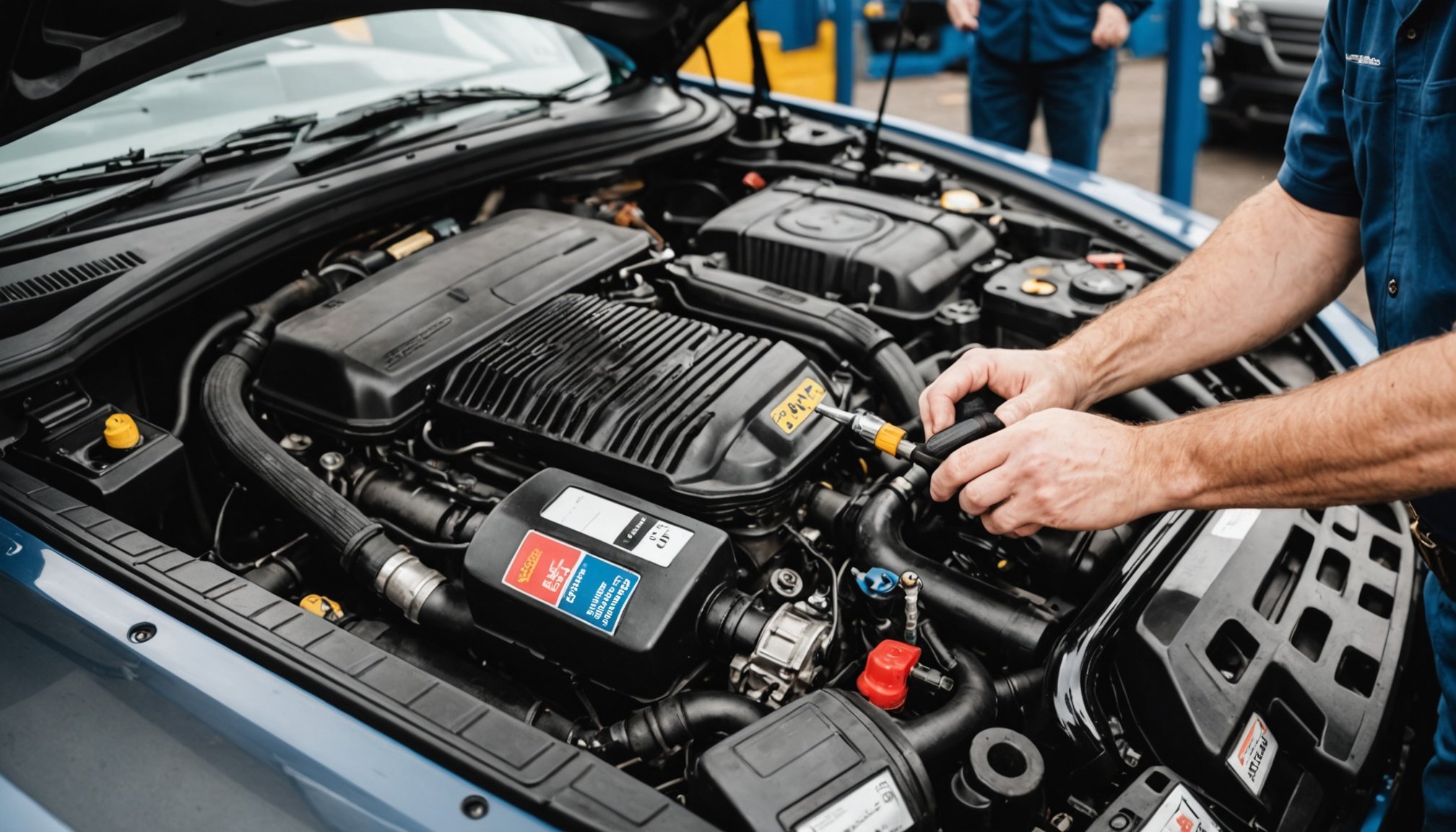Every car owner knows that keeping their vehicle in optimal condition is essential. But how often should you really use UK vehicle maintenance products to prolong your car’s lifespan? Regular maintenance ensures that your vehicle runs smoothly and safely, while also preventing costly repairs down the line. In this article, we will explore the different maintenance products available, how frequently they should be used, and the overall impact they have on your vehicle’s longevity. By the end, you will be well-informed on how to care for your vehicle effectively.
Regular Oil Changes: The Lifeblood of Your Engine
Oil is often referred to as the lifeblood of your engine, and with good reason. The oil lubricates engine parts, ensures efficient operation, and helps prevent wear and tear. For most vehicles, it is recommended to change the oil every 5,000 to 7,500 miles, or approximately every six months, whichever comes first. However, the specific interval can depend on your driving habits and the type of oil used.
Have you seen this : How can I maximize the benefits of using UK vehicle microfiber cloths?
Using high-quality UK vehicle maintenance products like synthetic oil can extend the time between changes, allowing you to go longer without affecting performance. Be mindful of your vehicle’s specific requirements outlined in the owner’s manual.
For those who frequently drive in heavy traffic, operate their vehicle in extreme temperatures, or engage in towing, more frequent oil changes may be necessary. Regularly checking the oil level and quality will also give you cues on when it’s time for a change. A simple dipstick test can reveal if your oil is dirty or low.
Also to see : What should I know about UK vehicle wash products before starting a DIY wash?
Ultimately, staying on top of your oil changes not only enhances performance but significantly prolongs the lifespan of your engine. Thus, make it a priority in your maintenance routine.
Tire Care: Ensuring Safety and Performance
Your tires are the only contact your vehicle has with the road, making their maintenance crucial for safety and drivability. Regularly checking tire pressure, tread depth, and alignment can prevent accidents and extend tire life. Ideally, you should check tire pressure at least once a month and before long trips.
Proper inflation is crucial. Under-inflated tires can lead to poor fuel efficiency and increased wear, while over-inflated tires can affect handling and braking. Use a reliable gauge to check the pressure and adjust it to the manufacturer’s recommended levels.
In addition to pressure checks, you should rotate your tires every 5,000 to 7,500 miles. This practice promotes even wear across all tires and extends their lifespan. Alongside rotation, consider having your alignment checked regularly—especially if you notice your vehicle pulling to one side or if you hit a pothole.
Tire tread depth is another important factor. A simple test involves placing a penny into the tread; if you can see all of Lincoln’s head, it’s time for a replacement. Maintaining your tires properly not only enhances safety but also improves fuel efficiency, proving the necessity of a comprehensive tire care strategy in your vehicle maintenance.
Battery Maintenance: Keeping Your Vehicle Powered Up
A well-functioning battery is essential for vehicle operation, providing the necessary power to start your engine and run accessories. Regular maintenance of your car battery can prevent unexpected failures. Ideally, you should check your battery’s condition twice a year.
During your inspection, look for any signs of corrosion on the terminals, which can impede electrical flow. Clean any corrosion with a solution of baking soda and water, and make sure terminals are secure. Additionally, testing the battery’s voltage can help determine its health. Most vehicle maintenance products offer battery testers that can provide you with accurate readings. A healthy battery should have around 12.6 volts when the engine is off and between 13.7 to 14.7 volts when running.
If your battery is more than three to five years old, consider having it tested more frequently. Extreme weather conditions can shorten battery life, so take extra care during winter months. When it’s time for a replacement, choose a battery that fits your vehicle’s specifications for optimal performance.
By ensuring regular battery checks and maintenance, you can avoid inconvenient and often costly breakdowns, keeping your vehicle reliable and ready to go.
Fluid Levels: The Heart of Your Vehicle
Your vehicle relies on various fluids to operate properly. Regularly checking and maintaining these fluid levels is essential for smooth performance. Key fluids include transmission fluid, brake fluid, coolant, and windshield washer fluid. You should inspect these fluids at least once a month or before any long trips.
Each fluid has its own maintenance schedule. For instance, transmission fluid should typically be replaced every 30,000 to 60,000 miles, while brake fluid may need changing every two years. Coolant levels should also be checked regularly, especially in extreme weather conditions; insufficient coolant can lead to overheating and serious engine damage.
Windshield washer fluid should be filled promptly to ensure visibility during adverse weather. Most maintenance products in the UK make it easy to top up fluids; simply check the corresponding reservoirs in your engine bay and add fluid as needed.
By proactively managing your vehicle’s fluid levels, you extend the lifespan of essential components and ensure safe and reliable operation. Remember, neglecting fluid maintenance can lead to more significant issues down the line, making it a crucial part of your overall vehicle care strategy.
In conclusion, understanding how often to use UK vehicle maintenance products is key to prolonging your car’s lifespan. From regular oil changes and tire care to battery maintenance and fluid checks, establishing a consistent maintenance routine will ensure your vehicle remains in excellent condition. By integrating these practices into your monthly schedule, you not only safeguard your investment but also enhance the overall driving experience. Remember, regular maintenance is not merely a chore; it’s an essential commitment to safety, performance, and longevity. Take action today and enjoy the peace of mind that comes with knowing your vehicle is well cared for.











